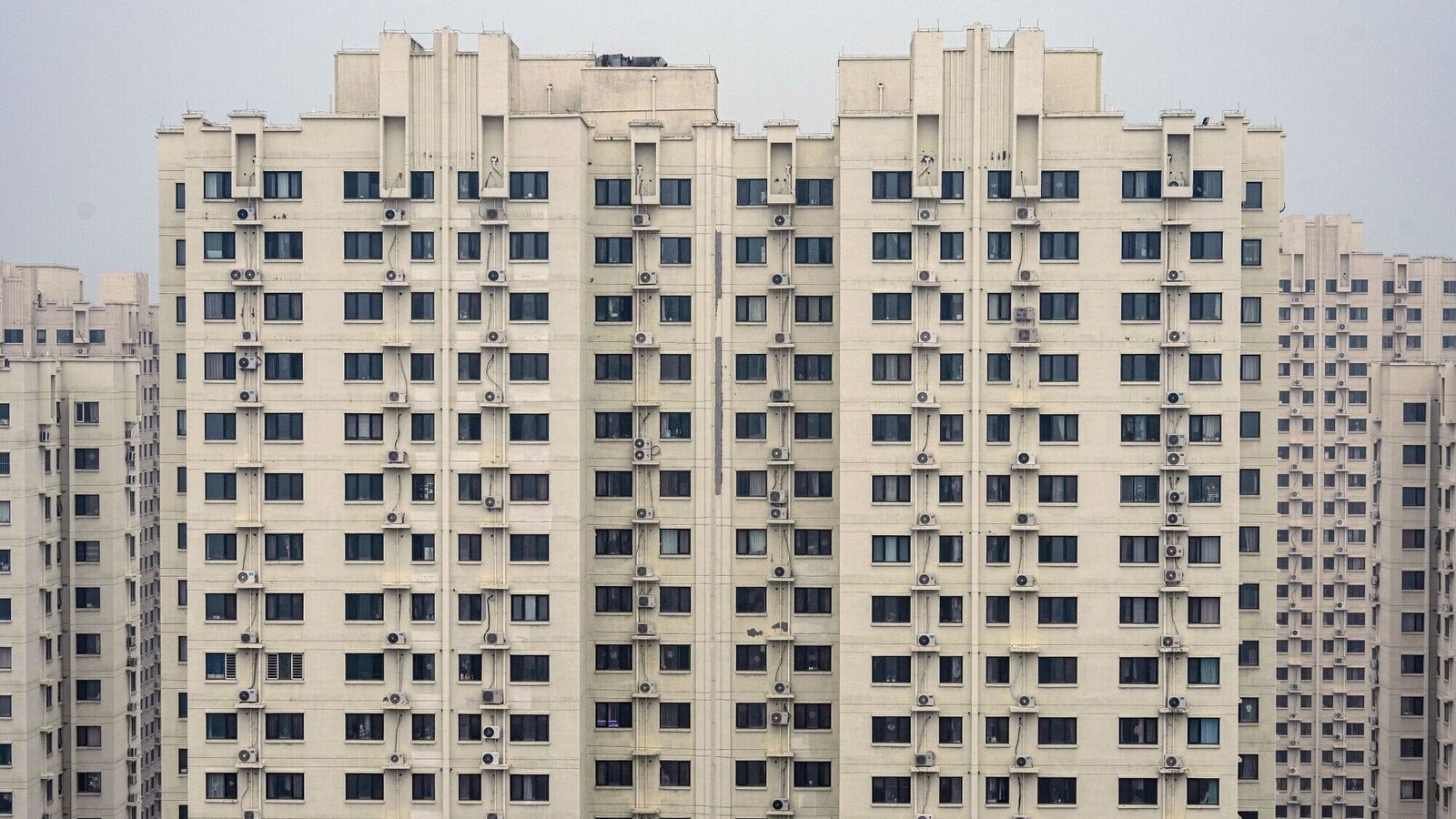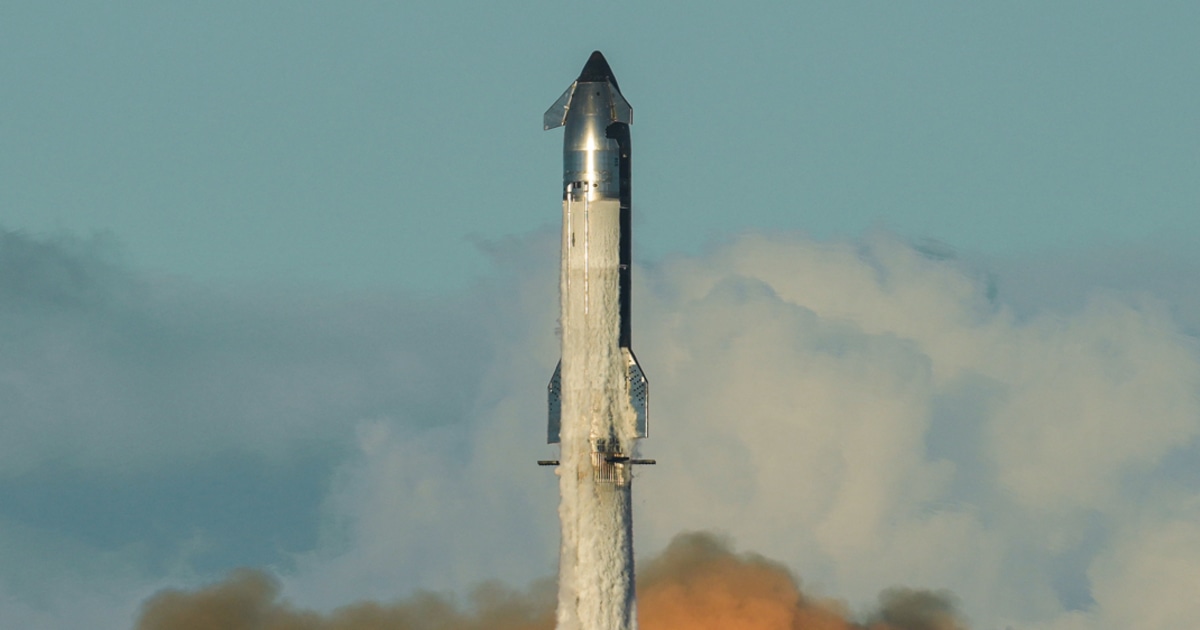More than three years into China’s housing crisis, there is still no sign of its ending.
Now, as private and locally-owned developers keep faltering, the sector is becoming more state-dominated. That marks a stunning reversal for an industry that has been a poster child for China’s economic development.
The latest private builder to run into a liquidity crisis is China Vanke, one of the country’s largest remaining developers. But state intervention has pulled it back from the brink of potential default, for now. This week, it projected a loss of 45 billion yuan, the equivalent of $6.3 billion, for 2024. Its chairman has resigned, replaced by the chairman of its largest shareholder, Shenzhen Metro. Representatives from the state-owned subway operator for the wealthy southern city of Shenzhen now make up nearly half of Vanke’s senior management. It will also buy a couple of projects from Vanke.
Vanke’s bonds have been plummeting in recent weeks, prompting the Shenzhen government to step in. The company has 33 billion yuan of bonds maturing this year, according to J.P. Morgan.
In China’s boom years, private property developers transformed city skylines and minted huge fortunes for their founders. But their collapses have become commonplace in recent years. China Evergrande, Country Garden and Sunac are among some of the biggest. Each of them had annual contracted sales of more than 500 billion yuan ($69.5 billion) in their peak years.
But Vanke is a special case. While it isn’t officially a state-owned company, it has intricate links with the government. In fact, Vanke traces its roots to a state-owned company founded in 1984 for the import and sale of office equipment. The company then rode China’s wave of market reforms, becoming one of the country’s first joint-stock corporations and among the first few listings on the Shenzhen Stock Exchange in the 1990s. Shenzhen Metro became Vanke’s largest shareholder after a bidding war in 2017.
Vanke’s bonds have recovered from recent lows, but the odds of a full-blown state takeover remain uncertain. Local governments are typically reluctant to assume the liabilities of troubled developers. Beijing’s primary focus appears to be ensuring that presold homes are completed and delivered, rather than bailing out developers entirely.
Vanke has suffered from the same vicious cycle that many in the industry are facing — falling sales led to lower cash flows and higher debts, which in turn have scared home buyers that contracted apartments won’t be completed. Its contracted sales have plunged by two-thirds from their 2020 peak. Net debt has doubled in five years to 252 billion yuan, while contract liabilities—largely representing undelivered apartments—have ballooned to 587 billion yuan.
As wary home buyers prefer developers that can guarantee delivery, state-linked firms are increasingly their only safe bet. For example, China Overseas Land, a state-owned developer, has seen sales decline just 10% since 2019. Among the top 100 developers, the market share of state-owned developers rose to 70% in 2024, from 32% in 2019, according to Citi. State-owned companies, including local government financing vehicles, bought 85% of the land in 2024, compared with 61% in 2021.
Market fundamentals remain bleak. According to Morgan Stanley, it would take 24 months to clear the current housing inventory across Chinese cities. It is even worse in the smaller cities: it would take 28 months to sell the unsold apartments there.
Beijing has pledged further support but so far the policy is piecemeal as it is unwilling to rescue developers seen as irresponsible for accumulating excessive debt. As Vanke’s troubles illustrate, even the strongest can stumble. In the Chinese economy of 2025, state backing is key to survival.
Write to Jacky Wong at jacky.wong@wsj.com


